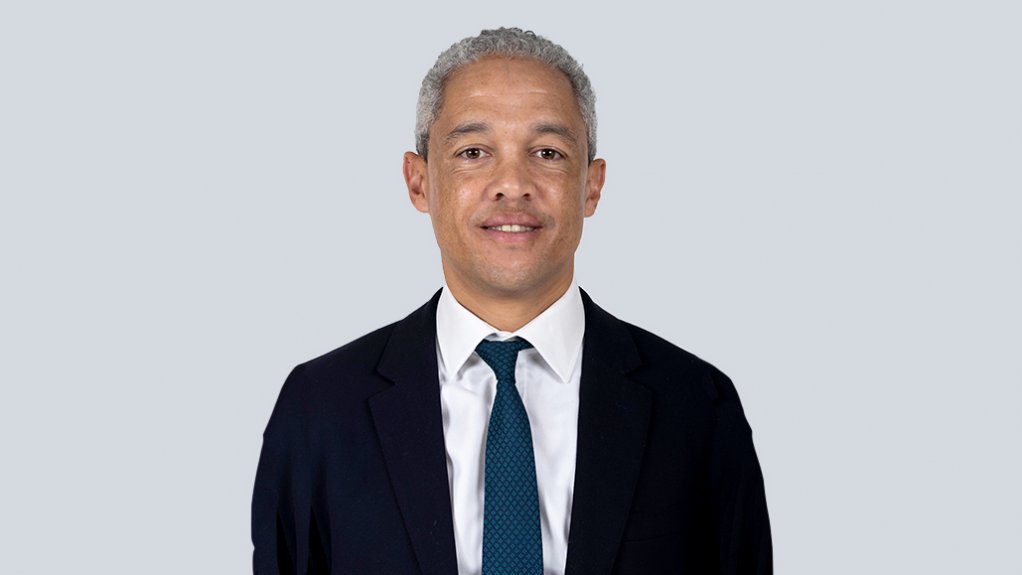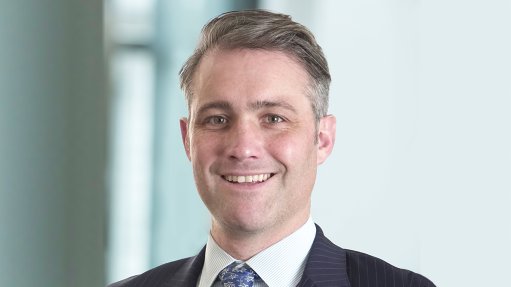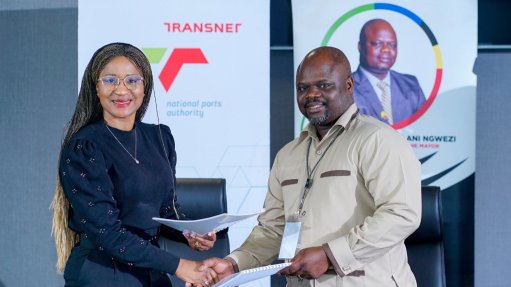Treasury reflects on structural reform progress, assures more is to come
The new administration intends to continue implementing structural reforms to improve productivity and competitiveness in the economy, National Treasury director-general Dr Duncan Pieterse has assured the country.
He referred to Operation Vulindlela moving into Phase 2, which is a second wave of reform following various initiatives in recent years that helped to improve electricity supply and ease rail constraints in the country, as well telecommunications challenges.
Pieterse delivered an address at the Bureau for Economic Research conference in Sandton on July 31, affirming that government’s efforts to structurally reform the economy would make it easier and cheaper for businesses to operate and invest in South Africa.
Pieterse admitted that there had been declines in total factor productivity which encompassed innovation and technological improvement, owing to binding constraints on growth, including energy provision and logistical capability.
“To address this, our economic policy has been geared to directly tackle the microeconomic roots of the growth slowdown, particularly focusing on the drivers of productivity decline,” he stated.
Network industries such as electricity, rail and telecommunications are a primary concern for Treasury, as productivity shocks within these industries have significantly impacted on the rest of the economy.
Pieterse cited estimates suggesting that about 35% of the growth slowdown from 2007 to 2021 could be attributed to these network industries or the utilities sector.
Government’s efforts to effect structural reform to date include Operation Vulindlela, which is a joint initiative between the Presidency and Treasury. Phase 1 of the operation was launched in October 2020 to accelerate implementation of structural and economic reforms to drive growth and job creation.
By the end of Phase 1, 94% of the reforms were either complete or progressing well, having generated investment potential of R500-billion.
Pieterse explained that the bulk of this investment had been in the energy sector. Government raised the embedded generation licensing threshold, which helped to catalyse the development of 22 500 MW of projects totalling more than R390-billion, which were all in various stages of planning or execution.
He recognised the importance of unlocking investment through reforms in the electricity sector, for one, to end loadshedding and drive more economic growth in decades to come.
Similarly, Phase 1 of Operation Vulindlela involved greater investment in the rehabilitation of the rail network and rolling stock, as well as the telecommunications sector to increase network speed and quality.
“The first phase of Operation Vulindlela has taught us new ways of working to implement reforms quickly and collaboratively with public and private actors,” Pieterse said.
He cited the examples of the National Energy Crisis Committee and the National Logistics Crisis Committee as blueprints for a new form of public-private partnership to deliver on the reform agenda.
FURTHER MOMENTUM
Looking ahead, Pieterse deemed it important to maintain the momentum that was developed across five key sectors in the first phase of Operation Vulindlela, as well as look into new areas to drive growth.
Government would continue focusing on mobilising private-sector resources to augment public-sector capability and finances, which was necessary to fast-track the provision of infrastructure and improve effectiveness. Government has initiated various reforms to systematically crowd-in greater private-sector participation to improve spending and delivery outcomes.
Pieterse said work was also under way on capital budgeting reforms, and strengthening institutional arrangements and governance across the ecosystem to enable the private sector to co-invest in public infrastructure.
For example, the revised public-private partnership regulations published earlier this year will improve the quality of the country’s infrastructure pipeline by simplifying the rules that govern these endeavours.
Additionally, the incoming Water Partnerships Office will drive more innovative financing and delivery models for water infrastructure delivery.
Government also worked with the International Finance Corporation to develop off-balance-sheet financing to accelerate private-sector investment in transmission infrastructure. Pieterse confirmed that government was on track to implement a pilot project in this regard during the remainder of the year.
“The future growth of our economy and the sustainability of our public finances relies on our ability to be clear-eyed about where we are as a country and what set of choices and circumstances have gotten us to where we are.
“Our strategy for addressing the enormous challenges of accelerating growth, creating jobs and reducing poverty relies on a clear and stable macroeconomic framework, implementing structural reforms, and investing in infrastructure,” Pieterse stated.
He expressed confidence that the fiscus would soon generate more revenue, enable more private-sector participation and ensure more productive public spending on infrastructure, all to further inclusive economic growth.
Article Enquiry
Email Article
Save Article
Feedback
To advertise email advertising@creamermedia.co.za or click here
Comments
Press Office
Announcements
What's On
Subscribe to improve your user experience...
Option 1 (equivalent of R125 a month):
Receive a weekly copy of Creamer Media's Engineering News & Mining Weekly magazine
(print copy for those in South Africa and e-magazine for those outside of South Africa)
Receive daily email newsletters
Access to full search results
Access archive of magazine back copies
Access to Projects in Progress
Access to ONE Research Report of your choice in PDF format
Option 2 (equivalent of R375 a month):
All benefits from Option 1
PLUS
Access to Creamer Media's Research Channel Africa for ALL Research Reports, in PDF format, on various industrial and mining sectors
including Electricity; Water; Energy Transition; Hydrogen; Roads, Rail and Ports; Coal; Gold; Platinum; Battery Metals; etc.
Already a subscriber?
Forgotten your password?
Receive weekly copy of Creamer Media's Engineering News & Mining Weekly magazine (print copy for those in South Africa and e-magazine for those outside of South Africa)
➕
Recieve daily email newsletters
➕
Access to full search results
➕
Access archive of magazine back copies
➕
Access to Projects in Progress
➕
Access to ONE Research Report of your choice in PDF format
RESEARCH CHANNEL AFRICA
R4500 (equivalent of R375 a month)
SUBSCRIBEAll benefits from Option 1
➕
Access to Creamer Media's Research Channel Africa for ALL Research Reports on various industrial and mining sectors, in PDF format, including on:
Electricity
➕
Water
➕
Energy Transition
➕
Hydrogen
➕
Roads, Rail and Ports
➕
Coal
➕
Gold
➕
Platinum
➕
Battery Metals
➕
etc.
Receive all benefits from Option 1 or Option 2 delivered to numerous people at your company
➕
Multiple User names and Passwords for simultaneous log-ins
➕
Intranet integration access to all in your organisation





















